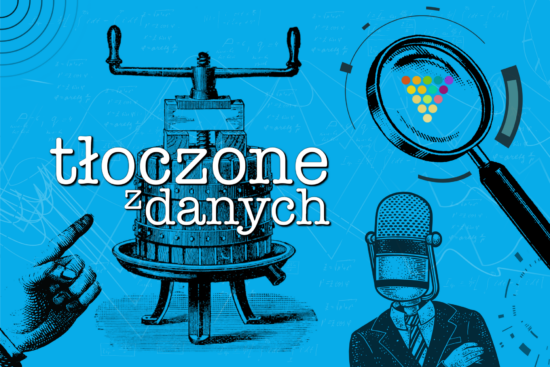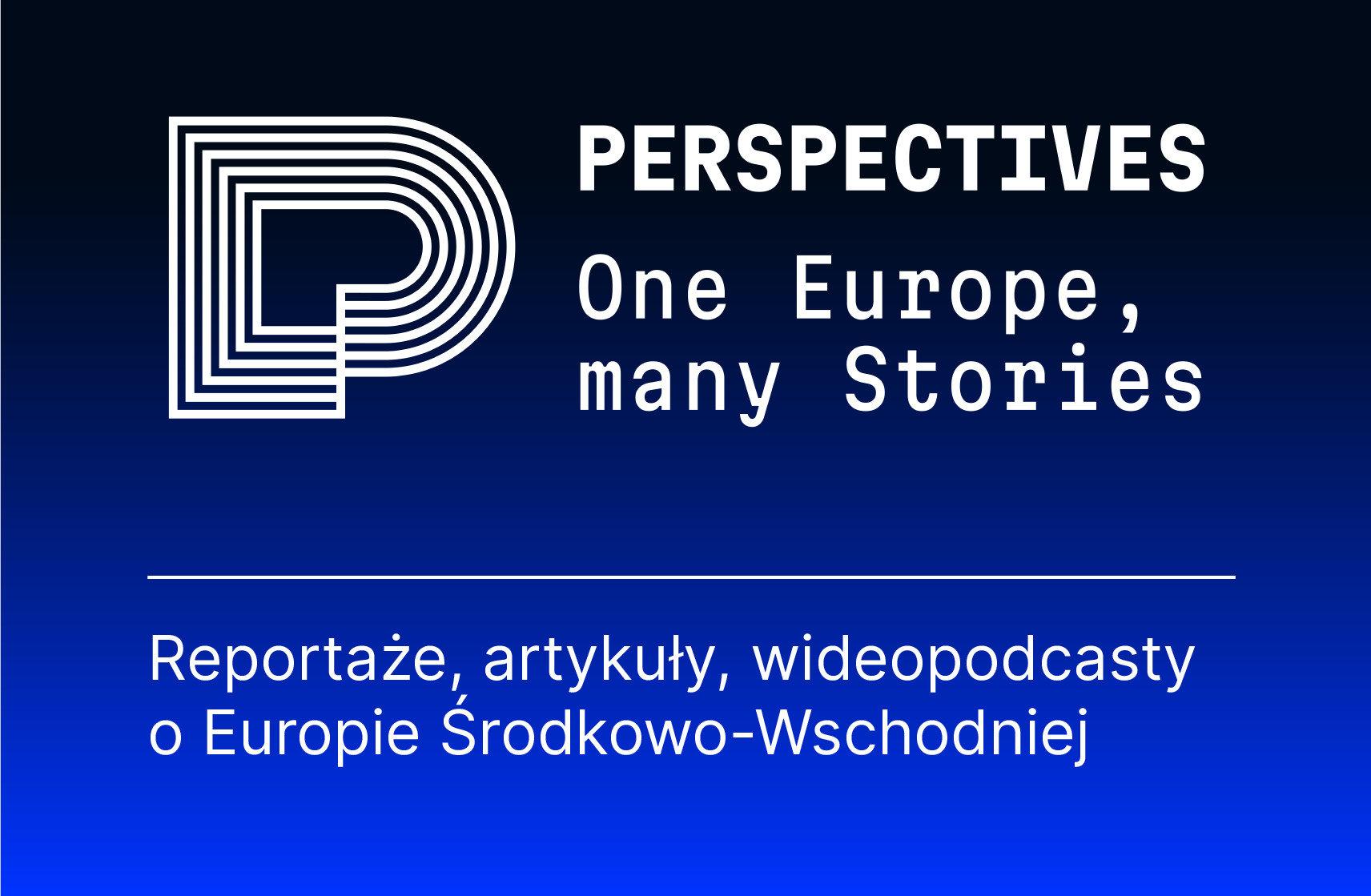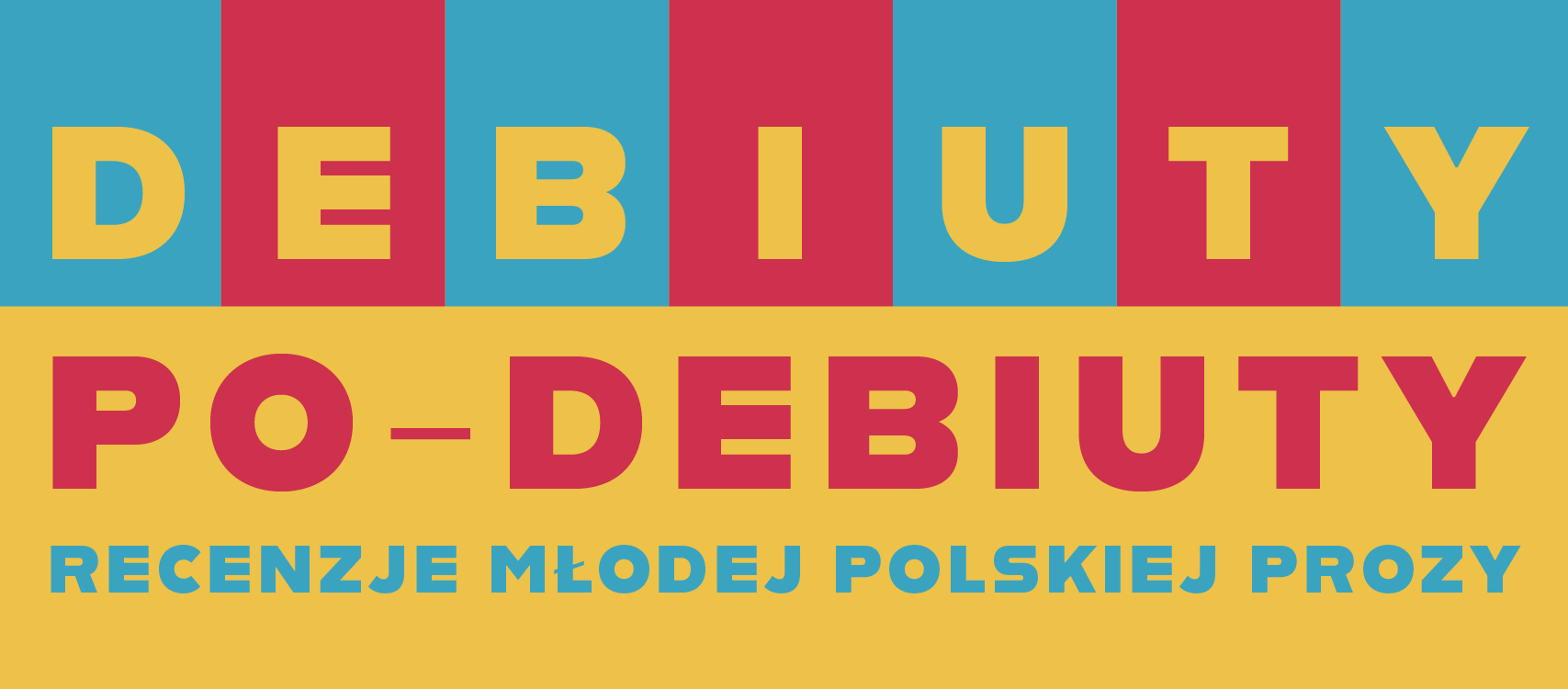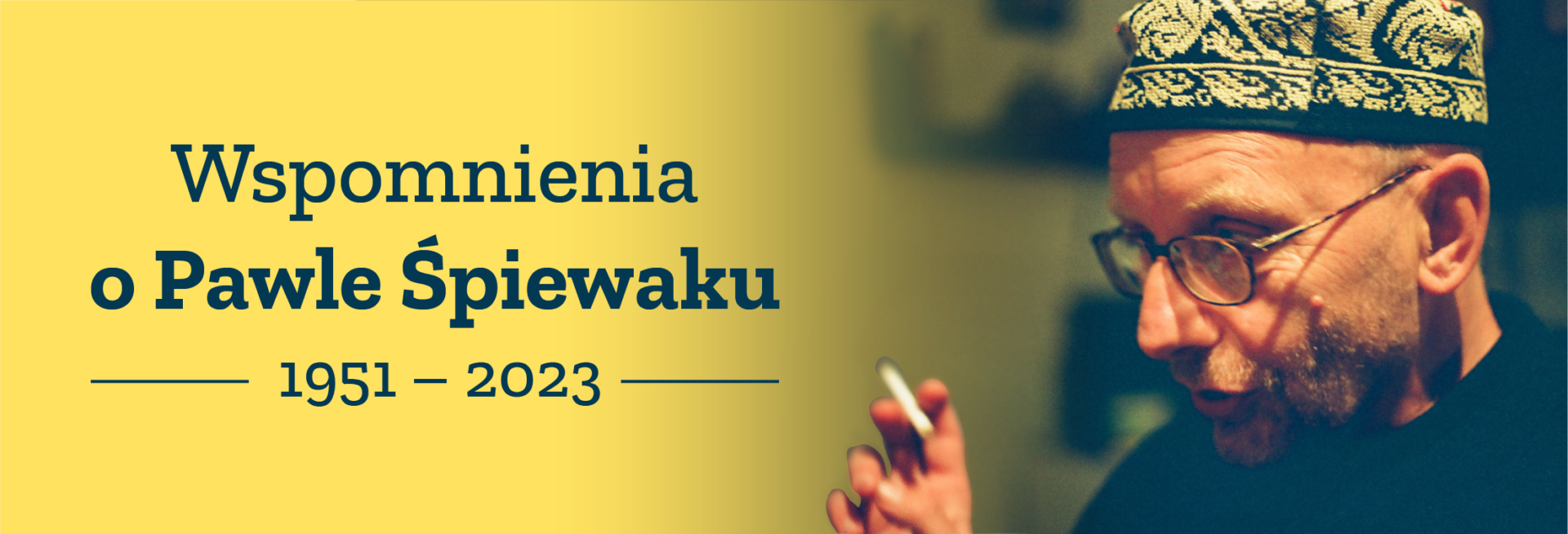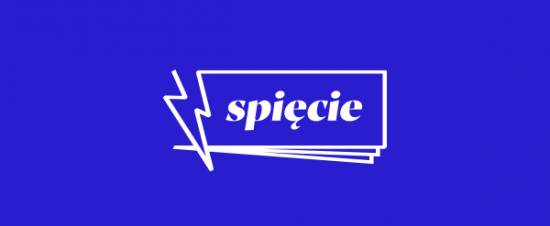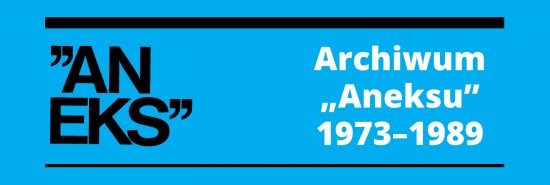KULTURA LIBERALNA > Pytając > Internet offers, it...
Internet offers, it doesn’t promise
[ Wersja polska / Polish version ]
Łukasz Pawłowski in conversation with Andrew Rasiej on Internet, American politics and the future of democracy.
Łukasz Pawłowski: You worked with Howard Dean during his campaign before 2004 Democratic Party primaries. Dean eventually lost the nomination to John Kerry but his campaign is considered a landmark in American political history, as he was the first to make an extensive use of Internet and the then available social media. What was your position in Howard Dean’s team and why exactly was this campaign such a breakthrough?
Andrew Rasiej: I was co-chairman of the technology advisory committee which was not an official position. I wasn’t inside the campaign headquarters, but I was giving advice and providing suggestions for people for them to hire or strategies for them to employ. To be honest, Howard Dean himself didn’t really understand technology. Someone on his campaign team did a really good job by understanding it. Let’s start, however, with a little background so that it’s clear how this campaign influenced the way in which we’re using technology in politics today.
In 2003 the USA had just invaded Iraq and many people opposing this war and sympathetic to progressive political ideology were frustrated by the lack of leadership in the Democratic Party. Howard Dean was a former governor of a very small state of Vermont and a completely unknown figure in American politics, who decided to run for office on the primary message that George Bush was wrong about the war. At first his campaign was alike those of other candidates who would go around the country, try to meet influential people and eventually get their support. These candidates would go for example to a famous lawyer’s office in New York, where they would present themselves in front of at most 30 carefully selected people in the conference room and then count on their contributions.
How then would these politicians connect with ‘real’ people?
To get in touch with average citizens, the candidates would go to some small town in, let’s say, Iowa and meet with the editorial board of a local newspaper, which would then cover their visit for the local public. In case of Howard Dean, after one of such visits some people started to get interested in his platform and expressed their support by creating blogs where they presented his propositions. Dean’s website was run by young passionate volunteers, who gladly supported such initiatives. And so before you knew it you had ‘Harley Davidson owners for Howard Dean’, ‘Lesbians for Howard Dean’, ‘Gay people for Howard Dean’. All these community groups who opposed George Bush’s policies started to form their own blogs in support of this new candidate.
Why blogs?
Because in 2003 there was no Facebook, no Twitter, no You Tube, nothing, just blogs.
Did Dean encourage those people in any particular way?
Not at all! At first he didn’t even realize they were there, advocating his case. After about six months of this kind of activity Dean came with his campaign manager, Joe Trippi, to New York trying to raise money the old-fashioned way – i.e. by appealing to rich people. A young supporter got in touch with Trippi and invited Dean to see ‘him and his friends’. At first Trippi declined but this young person informed him that already 300 people signed up for this meeting through a site called Meetup. Howard Dean never had more than 30 people in a room, so his staff immediately changed the schedule and they came to a bar in lower Manhattan where those 300 people gathered. ‘The New York Times’ reporter was one of them and the next day there was an article in the NYT saying ‘300 people organized on the Internet to meet Howard Dean’. That’s how the first ‘Internet presidential candidate’ was born. Obviously, it’s not like nobody used the Internet before 2003 but the notion of an accelerating impact these technologies have on elections was really established by Howard in that campaign.
But you just said he did not fully understand what he was doing…
That’s true. His campaign managers, maybe except Trippi, saw Internet as yet another medium for collecting money. They didn’t understand the money they raised was actually a byproduct of a new type of community. I remember very clearly how I tried to explain to him this notion of community. He asked me: ‘Well, if there was one thing we should be doing we’re not doing, what would you suggest we do?’. I said: ‘You should build a separate Howard Dean for America website for veterans and army families and people whose children, husbands and wives are in the war. That’s a special group of people, different from everyone else’. He looked at me and said : ‘Why would I do that? They don’t have much money to give to the campaign’. Then I realized he didn’t understand it.
It’s widely acknowledged that Barack Obama took online campaigning further and that it was the basis for his victory in 2008.
That’s a myth. You don’t get elected to any office because of only one factor. There are all kinds of factors. Obama won his campaign for senator in 2006, because the two candidates before him in the same race imploded, i.e. had to quit because of marital and sexual scandals. He was way behind them and suddenly he became the last man standing. He won the race for presidency because he presented himself as a reformer. If it wasn’t for George Bush, there would be no Barrack Obama, in a way. If it wasn’t for Hillary Clinton’s mistakes, there would be no Barrack Obama. If it wasn’t for John McCain’s choice of Sarah Palin, there might not be Barrack Obama. So, you can’t really say the Internet alone helped him to get elected. And even though Obama indeed had his own social media strategy for the 2008 campaign, he raised as much money the old-fashioned way as Hillary Clinton did.
Nevertheless Obama understood possibilities technology gives and invested heavily in it. His campaigners claim that in 2012 he won on ideological basis, but in this election technology did make a major difference. The massive use of algorithmic data analysis was applied to deliver messages specifically targeted to different types of voters – especially the undecided ones.
Based on demographics like age, gender, ethnicity?
Based on everything. Based on demographics, psychographics, analysis of Twitter feeds, Facebook posts etc. So when they were campaigning in particular areas they used all the data they could. They knew how many people voted for Democrats and how many for Republicans in previous election. They knew whether people in a given neighborhood were lower class or wealthy. They knew whether they were educated or not, whether they had mortgages that were being foreclosed or not, they knew how many children they have, what they eat, like and what websites they visit. They had a lot of information. Put altogether it told them not only how to create messages on-line but also what to say in face-to-face conversations with people.
But does all this make democracy a better political system? When Obama was first elected in 2008 it was considered a proof that Internet is the force which can ‘democratize democracy’, because it allows people to get engaged in politics more easily, to hold their politicians accountable more effectively, to create communities, to break prejudices, etc. You have just described how the very same technology can be used by the very same people to achieve goals that have nothing to do with improving the political system. What do you yourself think of the relation between the Web and democratic politics – is Internet a democratizing force or a force that can be used against democracy?
It’s a tool which can be used for both bad and good things. Internet offers, it doesn’t promise. It offers an opportunity for democratization and democratization of information offers human beings an opportunity for more equity and more human rights, more opportunities to lead a meaningful life. Though it may also be true that if this technology continues to evolve and speed up many people might be left behind – either because they don’t have access to it or because it is used to manipulate them.
So, maybe the bigger question we should be asking, though unfortunately we don’t have any answer to it is: Can representative democracy survive a hyperconnected humanity? Right now there are about billion smartphones in use all around the world. It is not hard to imagine that in ten years everybody will have one of these and the current models will seem as primitive as those old Nokia phones from ten years ago. What does it mean for nation states? What does it mean for cultural identity? What does it mean for education? What does that mean for economics and governance? Can a system of representative democracy – based on a principle that we entrust somebody else to represent our interests in public, so that we have time to do something else – survive in this new environment?
What is your opinion?
There are two scenarios: one is that current developments create an opportunity for more transparency and accountability. That’s a sort of idealistic perspective. The other perspective says that the data all those machines are creating will eventually tell us automatically what the right decision should be. In that case representatives will become redundant.
I’m skeptical about it. There are some ideological choices machines cannot make.
I agree but the process of how these decisions are taken may change. Only 15 years ago anybody claiming that Encyclopedia Britannica would soon be brought down by a portal edited by regular people would be considered crazy to say the least. But then came Wikipedia and things changed.
Is it only a change in technology or also in us?
There’s a new type of human being this technology creates, who is a member of the Internet public. These are people for whom Internet is central to their lives either economically, emotionally, culturally or spiritually. It’s something that they talk about, they do, it’s something natural. It has nothing to do with their age. Although it tends to scoop younger, it’s not demographic. Let me give you a personal example. My father is 86 now. He votes and has clear political preferences, but he was never a political activist. He never went to a rally, he never put a sign on his lawn or a sticker on his bumper. If he was sitting at the dining table with friends and someone brought up the subject of politics he would say what his opinion was and that would be it.
In 2008 my father called me asked for help with his computer. He wanted to send an e-mail to about 50 of his friends, but he did not know how to do it at the same time. I asked him what the e-mail was and it turned out it was a link to a Barack Obama’s YouTube video. My father was reaching the same 50 people in one minute that would otherwise take him six months or a year to meet and discuss politics. What’s more surprising, however, is that he would never pick up a phone to call his friends and tell them to vote for Obama. But here he was using Internet to spread that little movie.
How efficient can such small, private campaigns be?
Very. In 2008 there were 1.5 billion views of on-line videos that mentioned Obama or McCain. Nine out of ten of these videos were produced by citizens trying to influence each other. Only ten percent were official. The technology is creating an entirely different media ecology and most politicians now understand it. Obama’s campaigners have understood it best so far, because they’ve used technology not only to spread their message but also to analyze people’s behavior.
I agree, it proved very efficient – Obama won the reelection. But let me get back to my previous question – does American political system work better now thanks to these technologies?
These are completely two different things. Winning an election is not the same thing as creating a better democracy.
* Andrew Rasiej is a social entrepreneur, and Founder of Personal Democracy Media focusing on the intersection of technology and politics. He is the Founder of MOUSE.org which focuses on 21st century public education, Co-Founder of Mideastwire.com, which translates Arabic and Farsi news and opinion pieces into English, and Senior Technology Advisor to the Sunlight Foundation a Washington DC organization using technology to make government more transparent.
** Łukasz Pawłowski is a managing editor at ‘Kultura Liberalna’.
„Kultura Liberalna” nr 230 (23/2013) z 4 czerwca 2013 r.
Skoro tu jesteś...
...mamy do Ciebie małą prośbę. Żyjemy w dobie poważnych zagrożeń dla pluralizmu polskich mediów. W Kulturze Liberalnej jesteśmy przekonani, że każdy zasługuje na bezpłatny dostęp do najwyższej jakości dziennikarstwa
Każdy i każda z nas ma prawo do dobrych mediów. Warto na nie wydać nawet drobną kwotę. Nawet jeśli przeznaczysz na naszą działalność 10 złotych miesięcznie, to jeśli podobnie zrobią inni, wspólnie zapewnimy działanie portalowi, który broni wolności, praworządności i różnorodności.
Prosimy Cię, abyś tworzył lub tworzyła Kulturę Liberalną z nami. Dołącz do grona naszych Darczyńców!
PRZECZYTAJ INNE Z TEGO NUMERU
KOMENTARZE
















